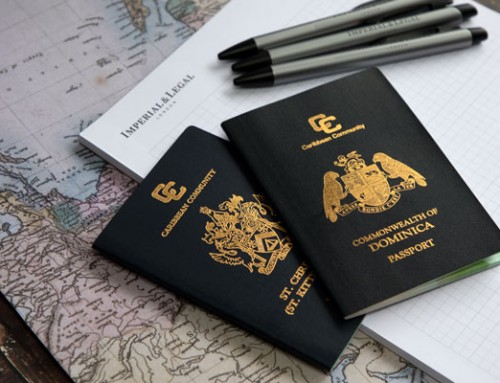The UK will ban from next January most international students from bringing family members with them as part of a wider plan to reduce net migration.
The measure, which will apply to all international students except those undertaking postgraduate research courses such as PhDs, comes as the government is braced for a sharp rise in the number of migrants.
The Centre for Policy Studies think-tank has suggested the latest official data, due to be published on Thursday, will show an increase to more than 700,000, from just over 500,000 in the year to June 2022.
Home secretary Suella Braverman, who announced the ban on Tuesday along with several related measures in a written statement, argued that the package struck “the right balance between acting decisively on tackling net migration and protecting the economic benefits that students can bring to the UK”.
The measures include a crackdown on “unscrupulous education agents”, a review of maintenance requirements for students and their dependants, and removing the ability to “switch out of the student route into work routes” before studies have been completed.
Braverman said there has been an eightfold increase in the number of visas granted to dependants of international students, rising from 16,000 to 136,000.
“Those affected by this package will predominantly be dependants of students who make a more limited contribution to the economy than students,” she added.
The move, co-ordinated by the Home Office, Department for Education and Treasury, comes after Prime Minister Rishi Sunak faced scathing criticism from within his own party over the government’s handling of migration.
Earlier this month, Braverman — in a 4,000 word speech regarded by many within Westminster as a jab at the prime minister — reiterated the need to prevent Channel crossings by irregular migrants as well as reduce “legal” migration.
According to the latest polls, Labour has a double-digit lead ahead of the Conservatives. Some Tory MPs believe that getting to grips with migration in particular will be crucial to securing a fifth general election win for the party.
Even as successive Conservative administrations have sought to reduce overall migration, ministers have in recent years sought to increase the number of international students. Last year they met their target of having 600,000 in the UK nearly a decade early.
At the same time universities have sought to diversify recruitment away from China, targeting markets like India and Nigeria where prospective students are more likely to be older, and to have families.
Sector leaders on Tuesday voiced alarm at the dependants ban and urged the government to work with them to implement the proposals in a sustainable way.
MillionPlus, an organisation representing newer universities which in many cases have increased international recruitment, said the benefits of these students and families’ presence outweighed the costs. It cited research by consultancy London Economics showing there would need to be a 48-fold increase in family members for them to be a net drain on UK resources.
Chief executive Rachel Hewitt said she hoped the announcement would not become “the thin end of a wedge” on restrictions on international students in the UK.
Universities UK International, a sector body, said the government should work with higher education leaders to support groups that would be disproportionately affected, such as women or those from certain countries.
“Ultimately, our collective aim must be to ensure that international students who choose the UK can be confident that they are welcome here,” director Jamie Arrowsmith said. “International students make an invaluable contribution to our universities and to the UK’s economy.”
Research by Universities UK published last week showed international students generated £41.9bn for the UK economy annually.
Source : Financial Times
Link Source: https://www.ft.com/content/9271fcba-f1a5-47ec-b48a-a49a2d3f94d2



